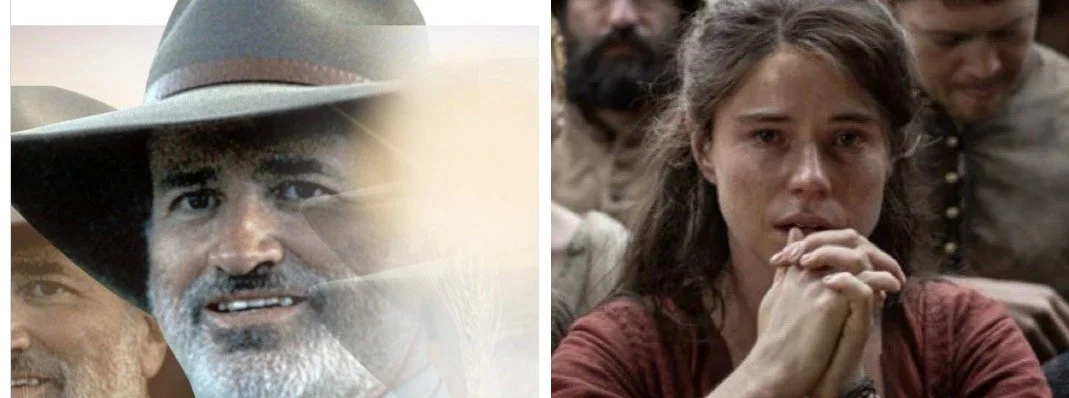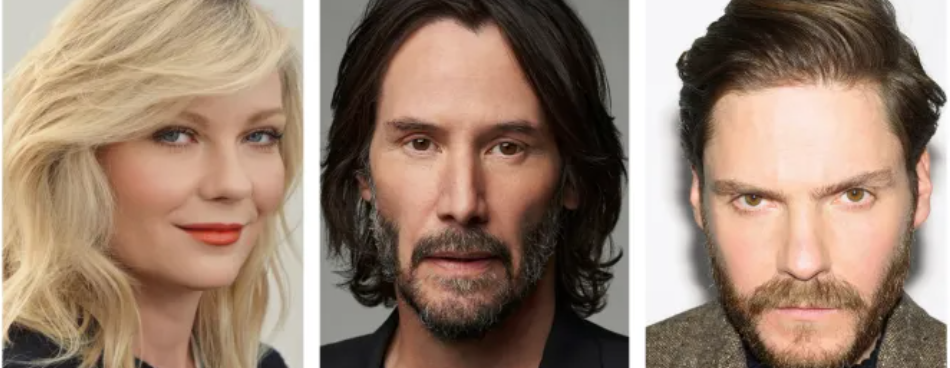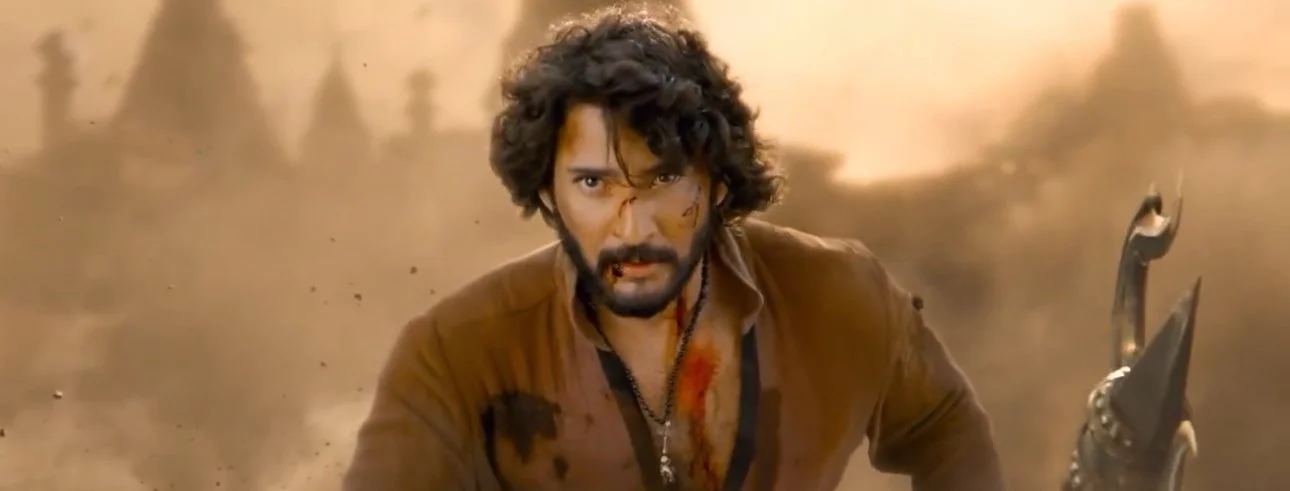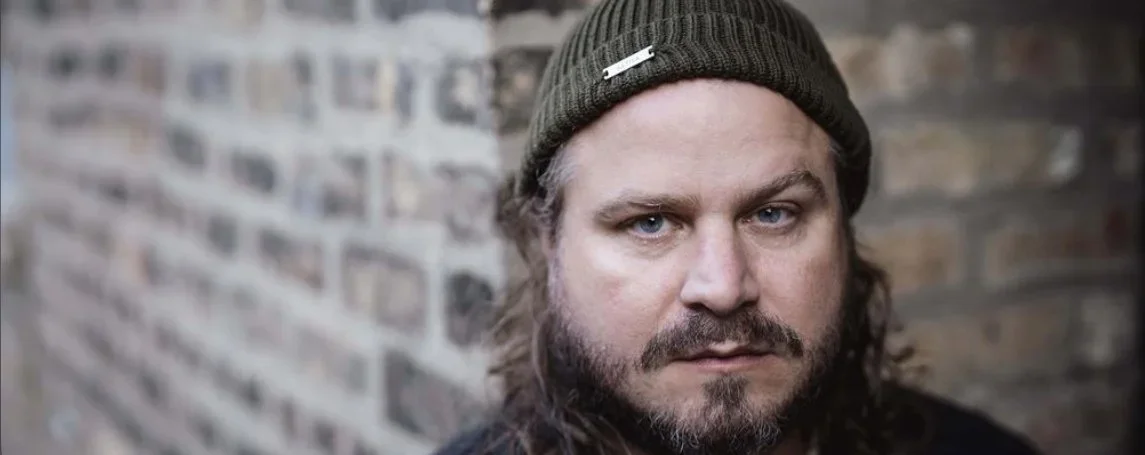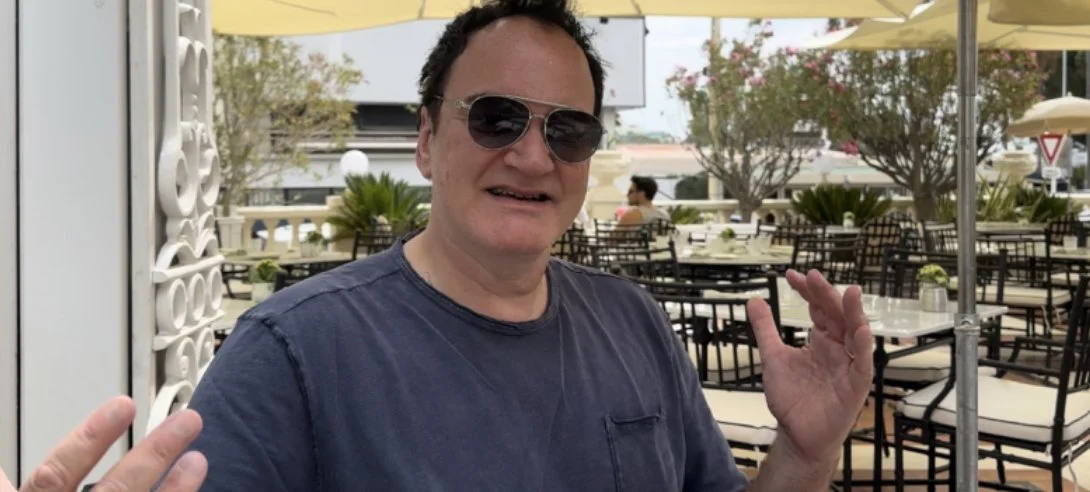There’s long been debate about whether television could ever attain the same heights as cinema. It could lead to a never ending conversation, one filled with richly conceived arguments, and clunky ones.
I’ll get to my own opinion below, but first here’s what Quentin Tarantino told Deadline yesterday:
I’ve got no ax to grind against television, per se, all right? I’ve got no axe to grind against television, but everyone watches all these shows, and they’re all just soap operas. It can be very entertaining while you’re watching it, but at the end of the day, it’s all a soap opera. You learn about a bunch of characters, kind of know all their backstories, and then you watch them fight or hook up or this or that and the other. And it’s just a soap opera. It’s very engaging while you’re watching it. But when it’s over with, three weeks after I watch the last episode, I usually don’t have the same feelings that I have after I watch a good movie. Yet, when I’m watching it, it’s compelling.
Whenever the TV vs Cinema debate gets reignited, I always refer back to a memorable Team Deakins podcast interview. In 2020, Roger Deakins had director Joel Coen, one half of the Coen Brothers, on as a guest.
I liked Coen’s take on the debate, more precisely, what he perceives as the fundamental differences between television and cinema:
The thing about TV series that I don’t understand and I think is hard for both of us to get our minds around is, you know, feature films have a beginning, a middle and an end,” Coen said. “But open-ended stories have a beginning and a middle — and then they’re beaten to death until they’re exhausted and die. They don’t actually have an end. And thinking about that in the context of a story is rather alien to the way we imagine these things.
As writers… long-form was never something we could get our heads around,” Coen said. “It’s a different paradigm. Not to be shitty about it, but you can look at stories that they have a beginning, middle, and end. But so much of television has a beginning, a middle, a middle, a middle, a middle, until the whole thing dies of exhaustion. It’s beaten to death and then you find a way of ending it. That’s how a lot of long-form television works, so it’s a hard thing to get your head around.
That, in essence, is the difference between television and movies. It's quite simple, really.
In the last 5 years, we've had Steven Soderbergh, David Lynch, David Fincher, Martin Scorsese, Jane Campion, Woody Allen, Alfonso Cuarón, Noah Baumbach, Spike Lee, and many more making the jump to the small screen. Why? Because the middle-ground to make the kind of films they used to make on the big screen fell out. You know, the oft-mentioned mid-budget movie, which has always been more interested in character-oriented drama than CGI-dominated nonsense. And for that, we should be grateful that TV picked up the slack.
And yet, there is a negative to TV's takeover; the adult-driven 2-hour movie is an art form. You can herald the artistic merits of serialized television all you want, but there is something exciting about watching a 2-hour drama and not having the thought of setting aside committed time to binge-watch it.
Also, as Coen mentioned, many shows, that start off strong, end up losing steam in their succeeding seasons; that's just part of the game. Rarely has a critically-acclaimed TV series had its last season be its best season.
I can count on just one hand the times a show has ended with a total banger. Why? Because most producers and networks want their shows to continue raking in the big bucks, sacrificing quality over quantity.
